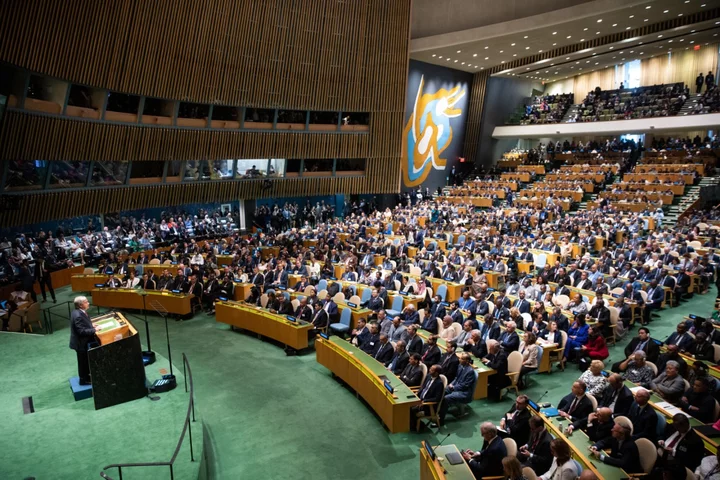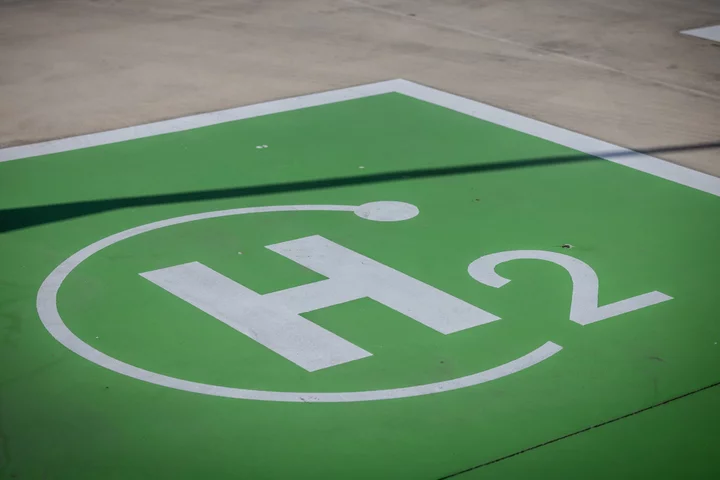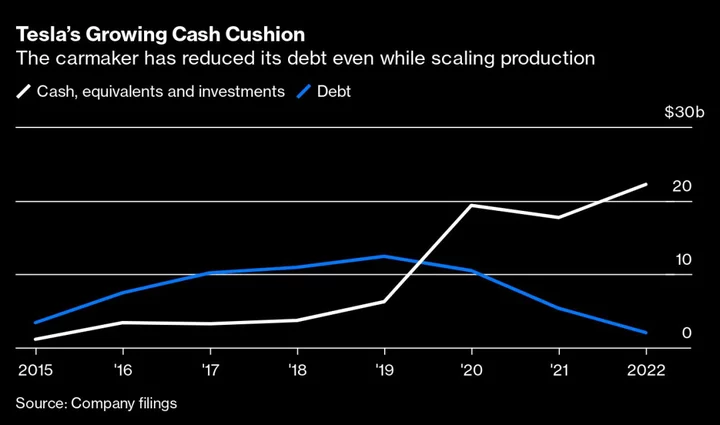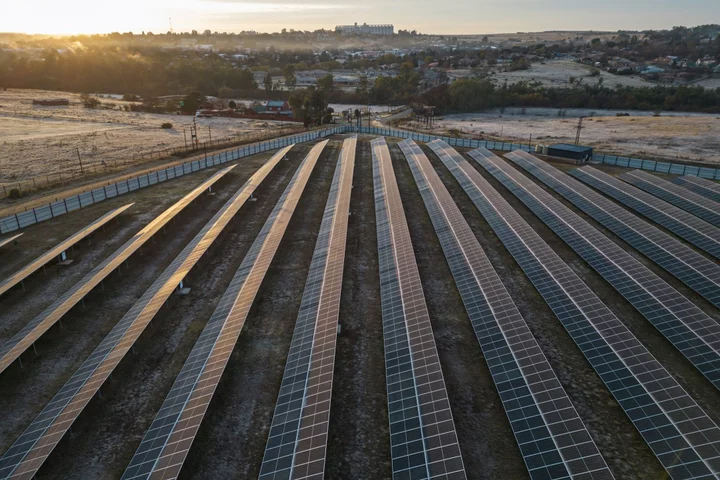As world leaders gathered at the United Nations General Assembly in New York City this week, everyone seemed to agree on one thing: Climate change is among the biggest problems facing the planet. US President Joe Biden walked through a laundry list of climate calamities in his UN speech on Tuesday, and Colombian President Gustavo Petro said climate change “has shown its teeth like never before.” In passionate opening remarks, UN Secretary-General António Guterres noted that the world has just survived its hottest summer on record.
But in hours of back-to-back speeches, UN officials and world leaders also offered a preview of battles to come — over the responsibility rich countries have to reduce emissions, over the financing needed for climate adaptation and over what exactly it means to move away from fossil fuels. When many of the same leaders gather in Dubai for the UN’s COP28 climate conference in November, those disconnects are sure to be front and center.
“Record-breaking heat waves in the United States and China. Wildfires ravaging North America and southern Europe. A fifth year of drought in the Horn of Africa. Tragic, tragic flooding in Libya,” Biden said on the UN stage. “Together these snapshots tell an urgent story of what awaits us if we fail to reduce our dependence on fossil fuels and begin to climate-proof the world.”
Tuesday’s bluntest message came from Guterres, who opened the UNGA proceedings by saying that current climate action is “falling abysmally short.” Guterres specifically zeroed in on the obligation high-emitting countries have to address a crisis they helped create.
“G20 countries are responsible for 80% of greenhouse emissions. They must lead,” he said. “They must break their addiction to fossil fuels, stop new coal.” Guterres went on to say that “the fossil fuel age has failed” and called for a global phase-out of oil and gas.
The exact nature of a fossil-fuel “phase-out” will be a major topic of conversation in Dubai. Biden’s “reduce our dependence” phrasing on Tuesday was more muted than Guterres’, and COP28 President Sultan Al Jaber has said climate diplomacy should focus on phasing out emissions from oil and gas, leaving the door open for the continued use of fossil fuels alongside technologies to capture the carbon pollution produced by burning them. This is also known as phasing out “unabated” fossil fuels; on Tuesday, US Climate Envoy John Kerry co-authored a Washington Post editorial that called for the end of new unabated coal plants.
Money is sure to be another source of tension at COP28. Multiple UNGA speakers noted that wealthy countries are not providing enough aid to help developing countries cope with climate disasters, adapt to warming that’s already locked in and decarbonize their economies. The developed world has yet to meet a commitment to provide $100 billion in annual climate finance to developing countries, and while COP27 last year concluded with a last-minute deal to create a “loss and damage” fund to aid poor countries struggling with climate impacts, little progress has been made.
“Rich countries grew based on a model of high rates of climate-damaging gas emissions,” Brazilian President Luiz Inácio Lula da Silva said on Tuesday. “We, developing nations, do not want to repeat this model.”
That sentiment was echoed in a speech by South African President Cyril Ramaphosa. “Centuries after the end of the slave trade, decades after the end of the colonial exploitation of African resources, the people of our continent are once again bearing the cost of the industrialization of the north and the development of the wealthy nations of the world,” he said. “This is a price that the people of Africa are no longer willing to pay.”
Determining emissions accountability, boosting climate finance and agreeing on a fossil fuel phase-out is a tall order for the UN climate conference. But events on the UNGA sidelines this week offered a glimpse of the solutions world leaders will be looking for. On Tuesday, the US Treasury released new principles for financial institutions making voluntary net-zero commitments, and the Glasgow Financial Alliance for Net Zero announced that 50 US financial institutions will publish net-zero transition plans over the next year.
“Moving forward the clean-energy transition at the needed pace will not be easy,” Treasury Secretary Janet Yellen said at a climate finance forum on Tuesday. “We’re still working to overcome challenges related to technological advancements and new business models, among others. But the progress we’re making is important.”
--With assistance from Laura Millan and Eric Roston.









